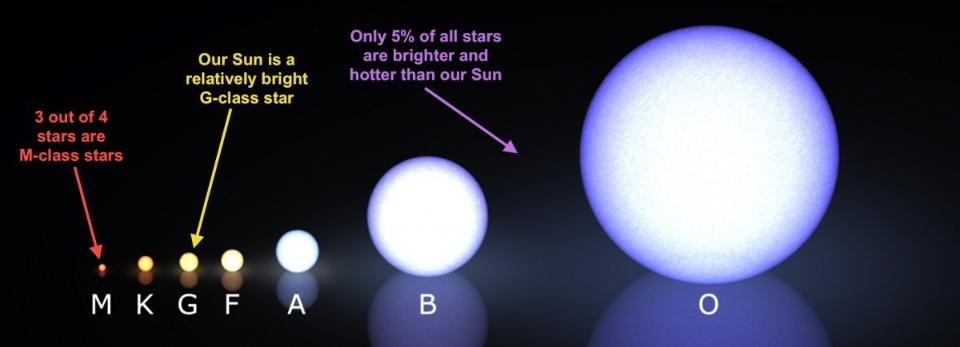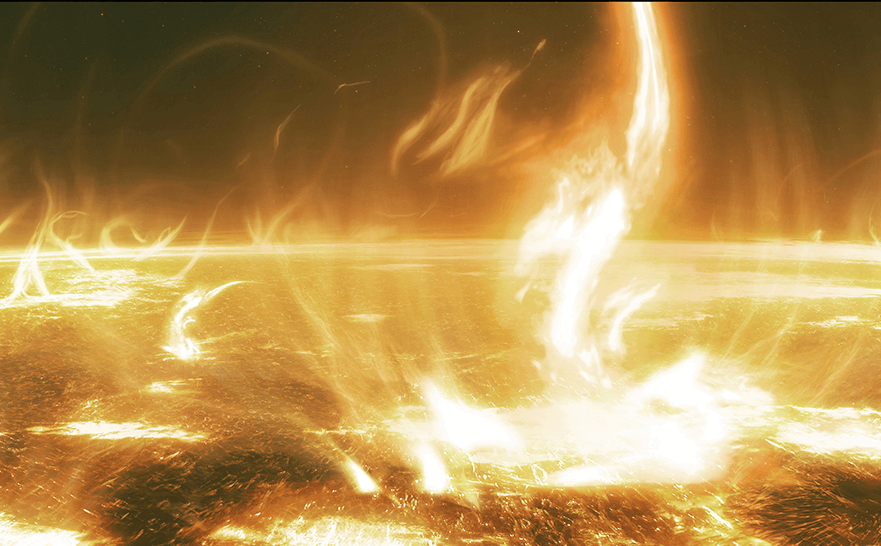Once upon a time, before the formation of several billion stars, the Universe was made up of around 75 percent hydrogen, 25 percent helium, and about 0.0000001 percent lithium. But when the composition of the Universe’s atmosphere is examined today it’s not the same as it was way back then. Although hydrogen and helium still make up the majority of it, lithium is nowhere to be seen in comparison.
To find the Universe’s third most common element we need to take a closer look at some of the biggest stars out there. These burn hydrogen very quickly and therefore run out within a few million years leaving just helium left in the core. When this happens, it fuses three helium nuclei into carbon, and as a result, the lithium levels are depleted. So, momentarily carbon becomes the Universe’s third most common element. But, this doesn’t last long as the carbon then fuses into oxygen, the oxygen into sulfur and silicon, and the silicon then eventually fuses into iron. Iron has nothing it can fuse into, so the chain stops here, the core implodes, and the star goes supernova.
With star formation and star death happening continuously more and more elements are being released as a result. Today, massive stars fuse hydrogen in the C-N-O, which makes carbon and oxygen levels more even over time. Also, when carbon is created via helium fusion, it’s really easy to add an additional helium atom in the mix to form oxygen. Finally, when a star is big enough, carbon fusion is initiated. It’s during this phase that carbon loss as the third most common element in the Universe as it’s turned into oxygen.


So, as a quick rundown of the most common elements of the Universe:
- Hydrogen
- Helium
- Oxygen
- Carbon
- Neon
- Nitrogen
- Magnesium
- Silicon
- Iron
- Sulfur
Note how lithium isn’t on the list. It may have been number 3 back in the day, but nowadays, it’s more like number 30. It’s unlikely the above list will stay the same as it is now. If eventually, the stars dry up from lack of fuel, helium could knock hydrogen off the number one spot while oxygen and carbon would centime to rise too and maybe even take position number two. But for that, we will just have to wait and see.
More News To Read
- Reduce Your iPhone Data Usage With These Helpful Hints
- Memories Can be Saved With Thanks to the Bionic Brain
- Autism Detected in Young Kids Using Deep Learning Algorithm
- New Artificial Intelligence Threat Prediction Platform Detects Cyberattacks in Real Time
- A Revolutionary New Model For Computing Has Created; ” The Human Brain “











